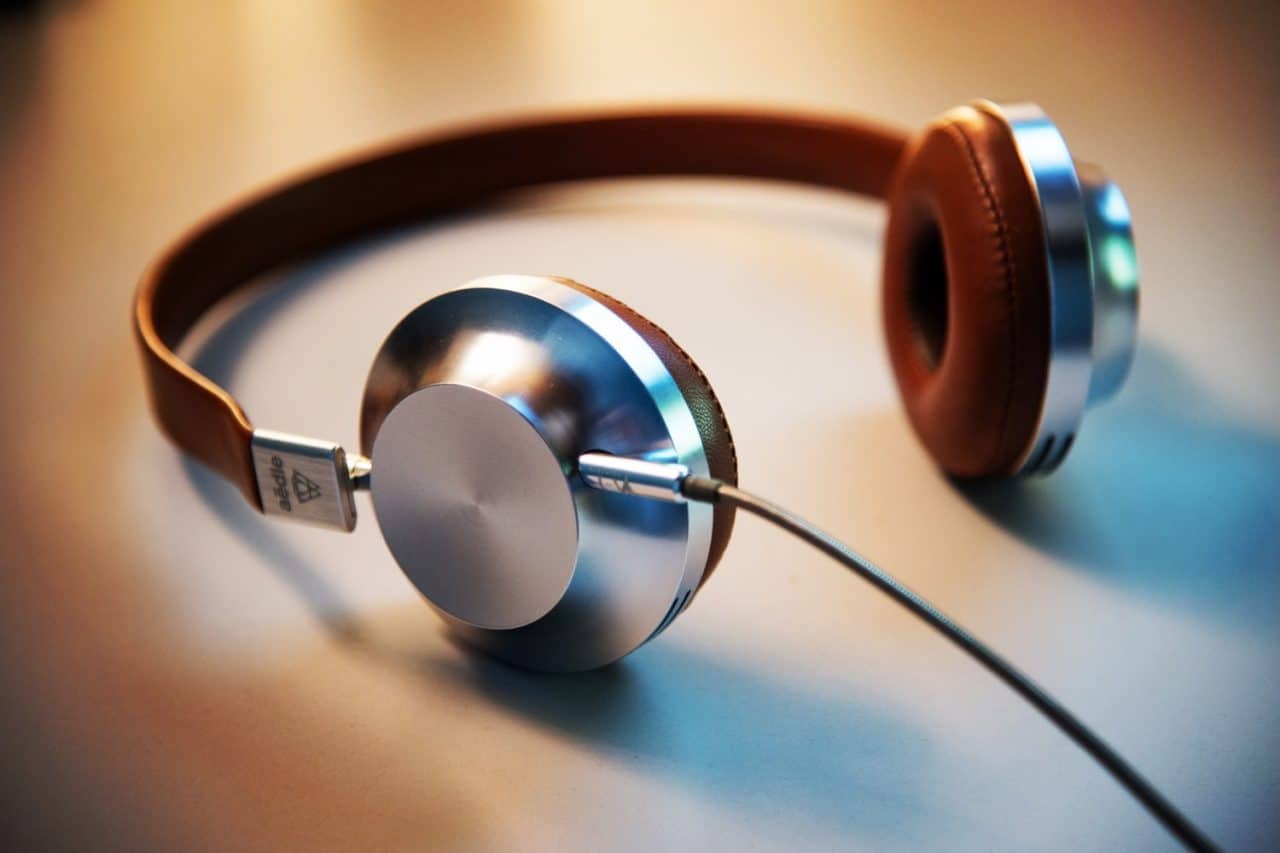If you enjoy listening to music, podcasts or videos through headphones, you may feel frustrated if your favorite headphones or earbuds aren’t compatible with your hearing aids. Fortunately, there are options for you to listen comfortably. Below we review some of these options, including which types of headphones are best suited for which types of hearing aids.
Bluetooth-Enabled Hearing Aids

Perhaps the best option for enjoying media without bothering others is to invest in Bluetooth-enabled hearing aids. These devices connect wirelessly to your phone or tablet and work like a set of earbuds. You can even take calls and respond to texts hands-free with Bluetooth hearing aids.
Fortunately, even if you’re not ready to upgrade to Bluetooth-enabled hearing aids, there are other options.
What Headphones Work with Your Hearing Aids
The process of finding the perfect headphones to wear with your hearing aids takes some trial and error. However, we created this guide to help make it a little easier.
In-the-Ear (ITE) Hearing Aids
ITE hearing aids include:
- Invisible-in-the-canal (IIC) and completely-in-the-canal (CIC) hearing aids. These are the smallest devices on the market and sit deep within the ear canal.
- In-the-canal (ITC) hearing aids are slightly larger and more visible.
- Low-profile hearing aids sit in the bowl of the ear, filling either half the shell or the full shell.
Since ITE hearing aids sit within the ear, they are compatible with most on-ear and over-the-ear headphones. People with IICs and CICs may even get away with wearing some styles of earbuds.
Behind-the-Ear (BTE) Hearing Aids
BTE hearing aids have a shell that sits behind the ear that is connected to an earmold that sits in the ear canal via thin wire or tubing. In addition to regular BTEs, there are:
- Mini behind-the-ear hearing aids with ultra-thin tubing.
- Receiver-in-the-ear (RITE) and receiver-in-canal (RIC) hearing aids, which connect to the speaker via wiring.
With BTE hearing aids, the best type of headphones to wear fit around the entire ear and do not put pressure on the devices. In addition, the speaker doesn’t sit too close to the hearing aid microphone, as this could cause feedback.
To find a pair of headphones that works for you, talk to the experts at HiFI Buys.
For more information about hearing aid styles or to talk to an expert about special music programs, call Advanced Hearing today.


